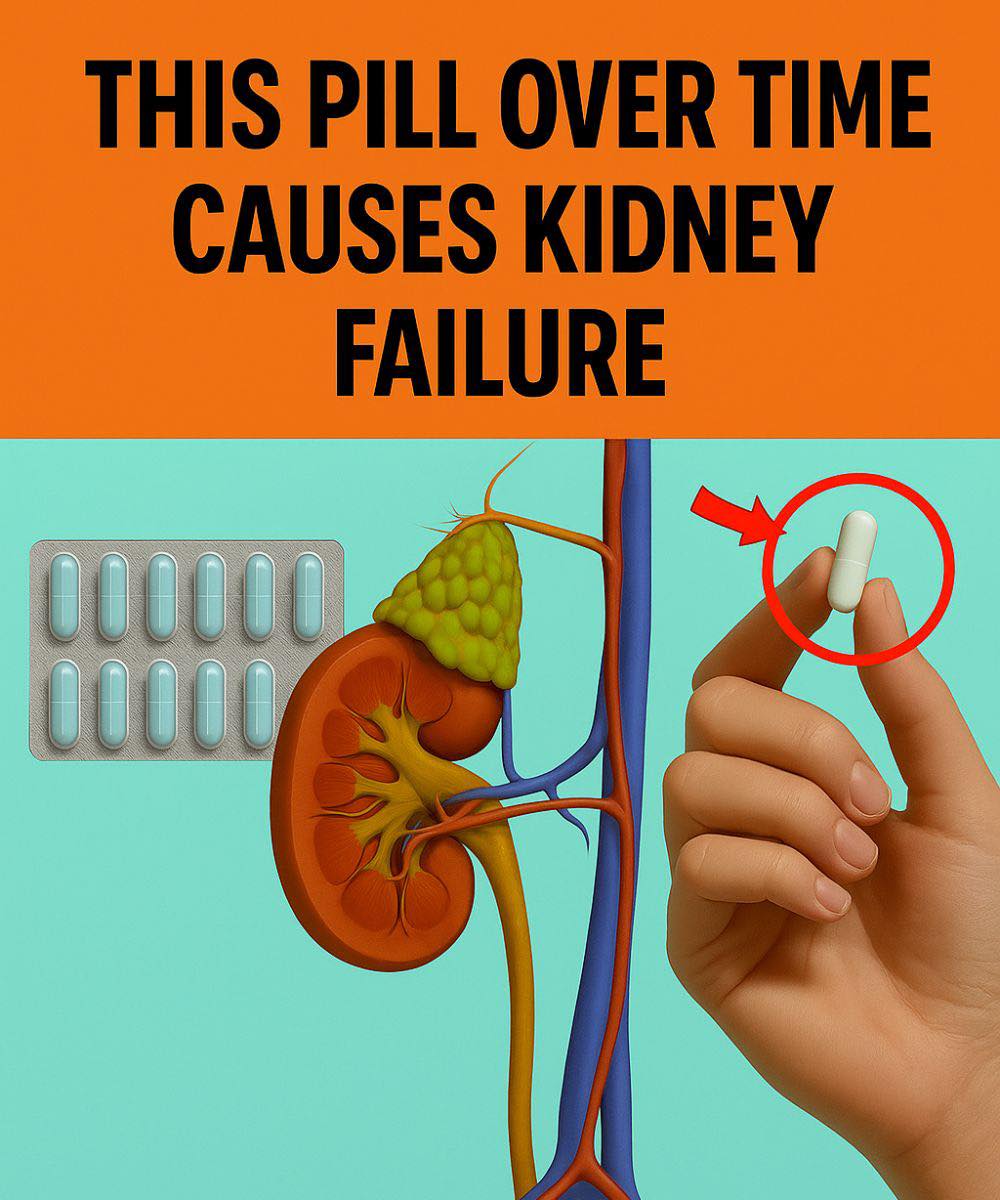4. Aminoglycoside antibiotics
Drugs such as gentamicin or amikacin, although effective against serious infections, can lead to nephrotoxicity, affecting the nephrons that refine blood and produce urine. Their use requires strict medical supervision.
5. Lithium for bipolar disorder
Long-term lithium treatment can cause kidney failure and nephrogenic diabetes insipidus. Therefore, users should undergo regular monitoring with nephrologists and psychiatrists.
6. Diuretics
Although they help treat hypertension and fluid retention, diuretics increase the workload of the kidneys, which can cause dehydration, electrolyte imbalance, and kidney failure over time.
7. Bl00d pressure medications
Some renin-angiotensin system (RAS) inhibitors can affect kidney function over time. Despite these findings, they should not be discontinued without medical advice, as they are essential for controlling hypertension.

Tips and recommendations to protect your kidneys
- Manage your blood pressure with regular checkups.
- Keep a healthy weight by reducing excess weight.
- Control your bl00d sugar levels if you are diabetic.
- Have regular urine tests to detect proteinuria.
- Avoid self-medication, even with over-the-counter medications.
- Get rid of harmful habits such as smoking and excessive alcohol consumption.
- Controls cardiovascular factors such as cholesterol and triglycerides.
ADVERTISEMENT
